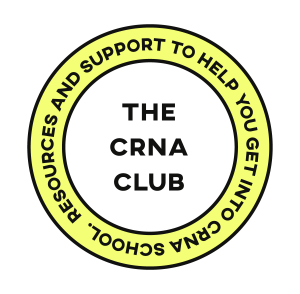I'm spilling the tea on some not-so-great decisions I made when researching CRNA programs. Spoiler alert: it all worked out in the end, but I definitely could have saved myself some stress and confusion. So, let's dive into the five things I overlooked that you should definitely consider when choosing your own program:
1. Ignoring the Faculty Rockstars: I barely paid attention to the faculty at each program. Big mistake! Research your professors, program directors, and key players! Look at their accolades, involvement in professional organizations, research interests, and publications. If their expertise aligns with your career aspirations, that's a major plus!
2. Missing Out on SimLabs and Cadaver Labs: Not all programs offer these, but if they do, pay attention! Cadaver labs provide invaluable anatomy experience, while SimLabs offer state-of-the-art equipment and scenarios to hone your practical skills. Don't miss out on these unique learning opportunities!
3. Blindsided by Clinical Sites: I didn't consider where my clinical rotations would take place. While I lucked out, it's crucial to research the clinical sites associated with each program. Are they in locations where you want to live and work? Can you handle potential relocations during your studies?
4. Minimum Passing Grades Matter: Every program has its own academic standards. Don't get caught off guard by a surprisingly high minimum passing grade for exams or courses. Research this beforehand and choose a program with standards that align with your learning style and capabilities.
5. Location, Location, Location: I didn't realize how much job offers would be influenced by my program location. While the job market for CRNAs is booming, consider where you ultimately want to work and choose a program with strong connections to hospitals in that area. This can make your job search after graduation much smoother.
Key Takeaways:
- Research faculty expertise and interests.
- Look for programs with SimLabs or Cadaver Labs (if available).
- Pay attention to clinical site locations.
- Understand the minimum passing grades.
- Consider where you want to work after graduation.
Remember, learning from my mistakes can save you time, stress, and potentially even money. Do your research, ask questions, and choose a program that sets you up for success in your CRNA career!
P.S. Don't forget to check out our CRNA School Database! It's a great resource for program comparisons and costs. And as always, I'm here to answer any questions you have. Just leave a comment below!


